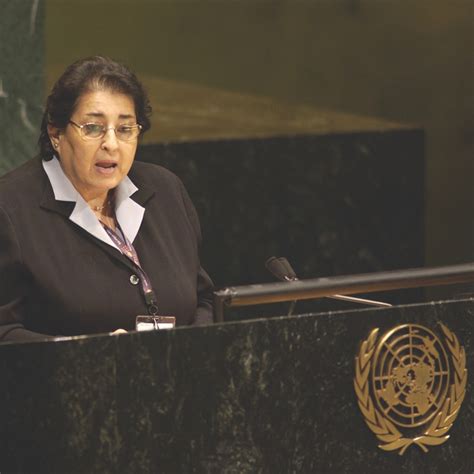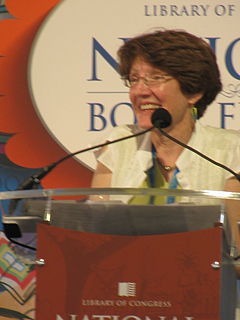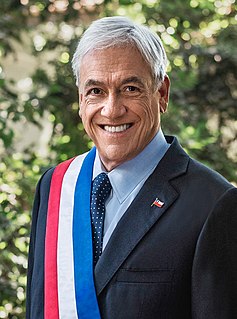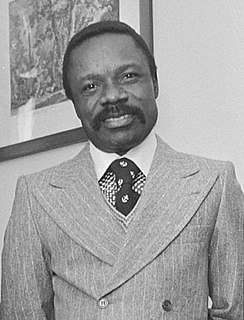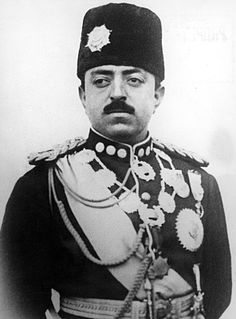A Quote by Thoraya Obaid
The challenge for UNFPA is to help countries as we always have with no agenda of our own; with sensitivity towards unique cultural values; with an infinite willingness to work with whatever is positive; and with a determination to help countries and people turn universal principles into concrete action.
Related Quotes
If you take the burden of health care, of diseases off the backs of some other countries, it gives them a chance to use their own very limited resources in ways that help their people. And also there's a hopelessness associated with deadly diseases, that if that can be alleviated, people can build their own economies in their own countries and they'll be less reliant on the developed world for help.
Relations between the United States and other countries, and our role as a global leader, are advanced by our willingness to help other countries in need. Foreign aid is essential to protecting U.S. interests around the world, and it is also a moral responsibility of the wealthiest, most powerful nation.
As Muslims, our interests are our values. In any society, be it in Western or Muslim-majority countries, our duty is that of critical loyalty: Staying loyal to our countries by always being critically engaged in the name of the principles of justice, equality and human brotherhood. We should be the ethical and moral voice wherever we are by saying that, even though we understand economic and geo-strategic interests, we cannot accept a violation of these principles by any society.
As Muslims, we are all equals, we abide by the laws and we understand that we have to be active citizens wherever we are. Our goals are first to live by our principles, to remind people of these values, to reconcile our respective societies with these shared universal values and to try our best to push for a spiritual agenda with more ethics in society, in politics, in economics, and in culture.
Learning is the first step in making positive changes within yourself. Other factors are conviction, determination, action & effort. Learning & education help develop conviction about the need to change & increase your commitment. Conviction then develops into determination. Next, strong determination leads to action: a sustained effort to implement the changes. This final factor of effort is critical.
